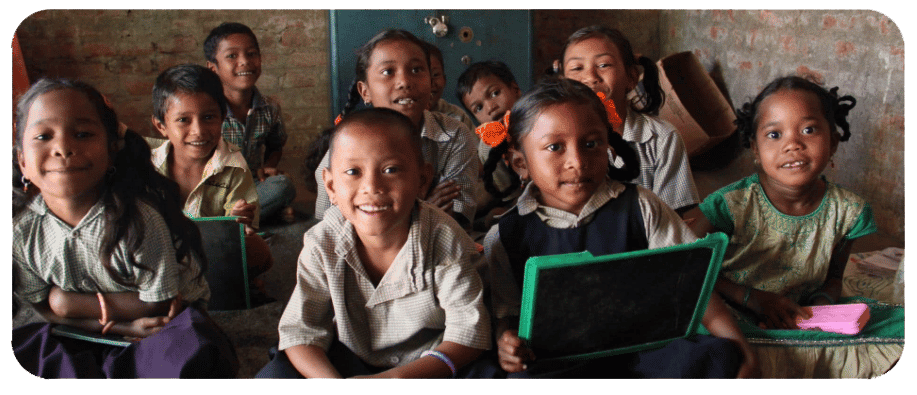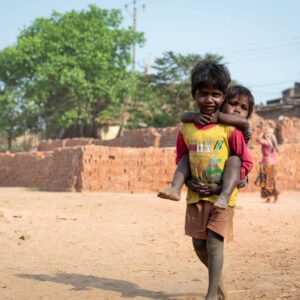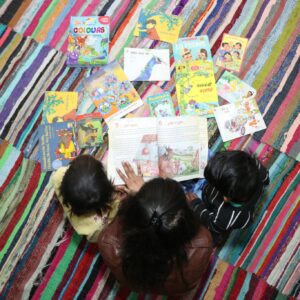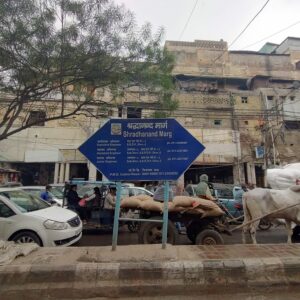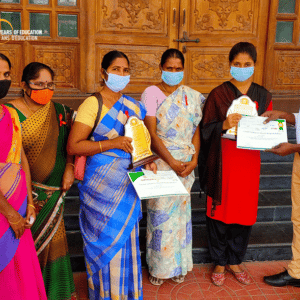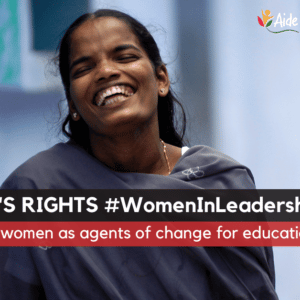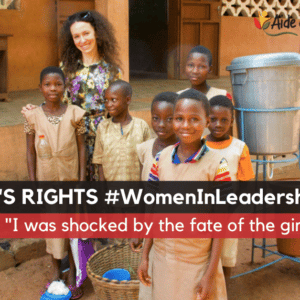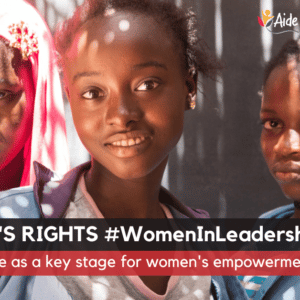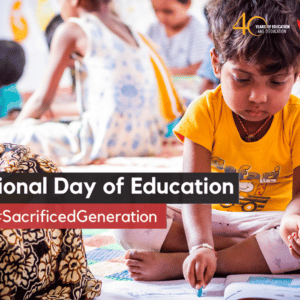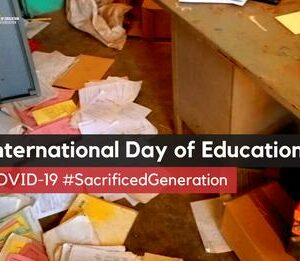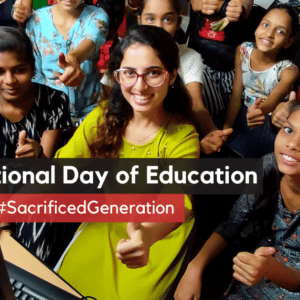As Cambodia’s primary schools opened their classroom doors nationwide from 1 November 2021, The Cambodian Consortium for Out of School Children was working behind the scenes for the past eight consecutive months of the country’s school closures to ensure children’s right to education and a smooth transition back to school.
Prior to the pandemic, Cambodia was already off-track to meet the United Nations Sustainable Development Goal (SDG) 4 on quality education. Even before the Covid-19 crisis, in 2019 the World Bank estimated approximately 190,043 children of primary school age, or around 9% of the total, were out of school in Cambodia. Today, The Ministry of Youth Education and Sports Public Education Statistics & Indicators indicates that over 13% of primary school-age children were not enrolled in school in the 2020/21 school year.
Distance learning not enough
While school administrators have turned to distance learning as a stopgap during school closures, a Joint Needs Assessment from the Cambodian government published earlier this year found just 70% of Cambodian students have been able to continue learning during school closures, with only 30% accessing online learning materials and 32% relying on paper-based materials. Of those learning, only 12% were spending more than three hours per week engaged in distance learning, compared to several hours per day in class pre-pandemic.
For public primary school teacher Cha Paulang, indigenous students in her Grade 1 class in Mondulkiri province in Cambodia’s northwest were largely excluded from education during school closures due to their limited knowledge of Khmer language and a lack of educational resources in their mother tongue. Paulang’s house visits and printed worksheets coupled with radio broadcasts in minority languages were the main methods of distance learning for her students.
But still, it was not enough according to Paulang, because above all, a home environment that supports learning is critical to the continuity of education.
“During my house calls, I saw that not all kids were learning during school closures because some have parents to help them at home and some don’t,” explained Paulang, who visited 37 students per week during school closures.
Ensuring continuity of education
To ensure the continuity of education during school closures, The Cambodian Consortium for Out of School Children distributed over 4,000 radios to ethnic minority students in Ratanakiri, Mondulkiri and Kratie provinces, where learning content was broadcasted in minority languages on local radio. To better equip teachers like Paulang, parents and children to adapt to distance learning methods, The Consortium also developed a repository of online resources accessible and free to all. To date, 43 pieces of teacher training content and 2,344 book titles including 572 audiobooks have been developed.
Initially founded in 2014 as a four-year project, The Cambodian Consortium for Out of School Children is now in its second phase and comprises approximately 30 local and international nonprofit organisations led by Aide et Action in partnership with Educate a Child, a global programme of the Education Above All Foundation.
Through initiatives such as offering in-kind school support to marginalised girls and boys, developing supporting an accelerated learning program or equivalency program for over-age learners, supporting the integration of children with disabilities into public schools, and the development of the “Khmer Rean Arn” (Khmer Learning) and Khmer Library applications – free mobile applications with reading and learning content for Cambodian children – The Cambodian Consortium has been addressing barriers which deny children their right to education.
Supporting safe reopening of schools
Now that schools are open again, The Consortium is working to ensure schools are a safe space for returning students with adequate infrastructure. According to The Ministry of Youth Education and Sports Public Education Statistics & Indicators 2020/21, over 60% of the country’s primary schools are without access to water and over 25% without access to latrines. To support safe reopening, The Consortium is refurbishing classrooms in dozens of schools across the country and investing in new teaching and learning materials, handwashing stations and water filters in the early stages of school re-opening.
Speaking of the announcement of primary schools reopening, Dr. Mary Joy Pigozzi, Executive Director of Educate A Child said “We, along with our partners, Aide et Action, and the Consortium have been keeping our eyes focussed on this moment that we knew would come. Now that it has arrived, we are still working to ensure as smooth a transition as possible back into education for children through classroom refurbishment, teacher training and the provision of learning materials.”
The Cambodian Consortium for Out of School Children will enrol over 116,000 out of school children across all of Cambodia’s provinces into education by 2024, ensuring more children can access their right to education.


